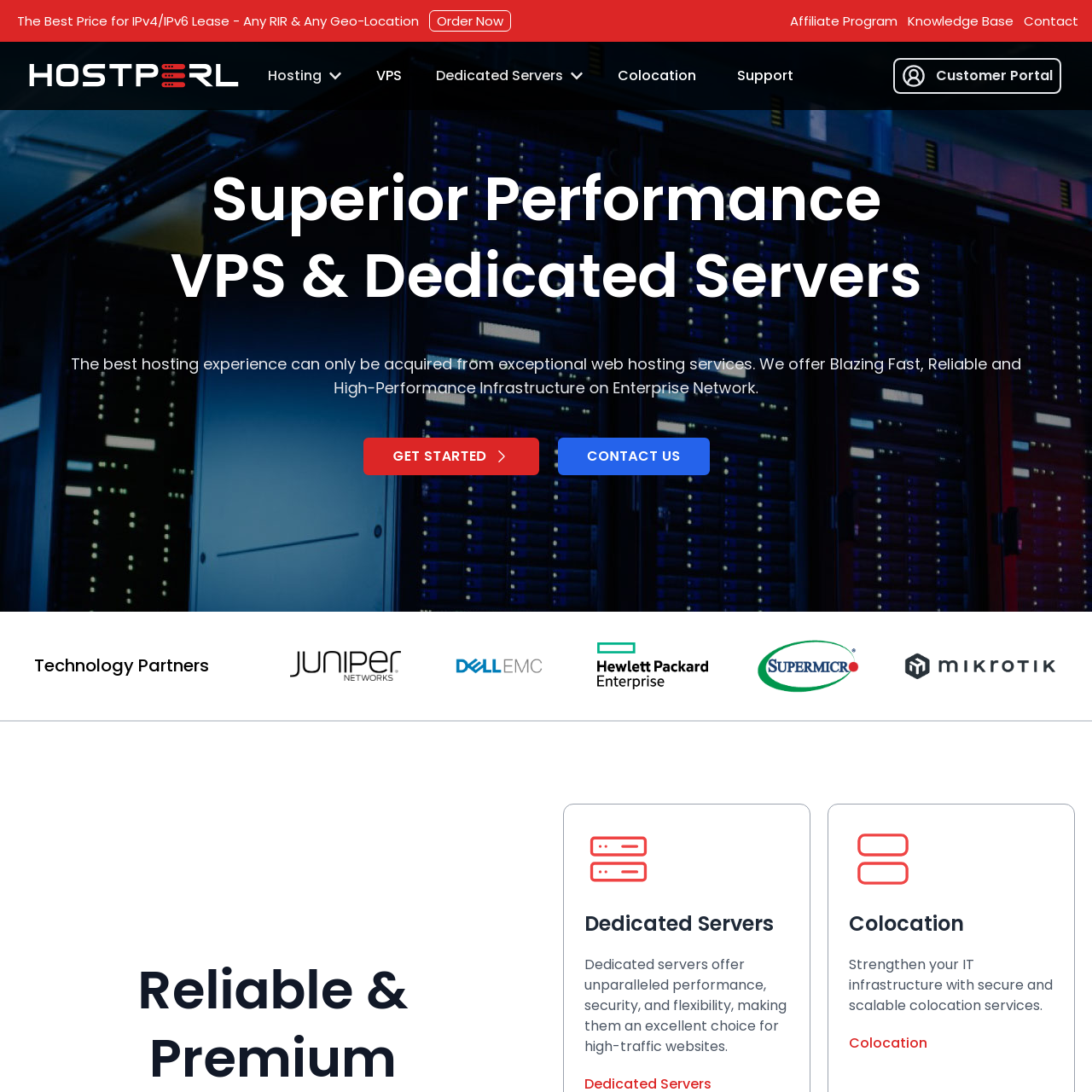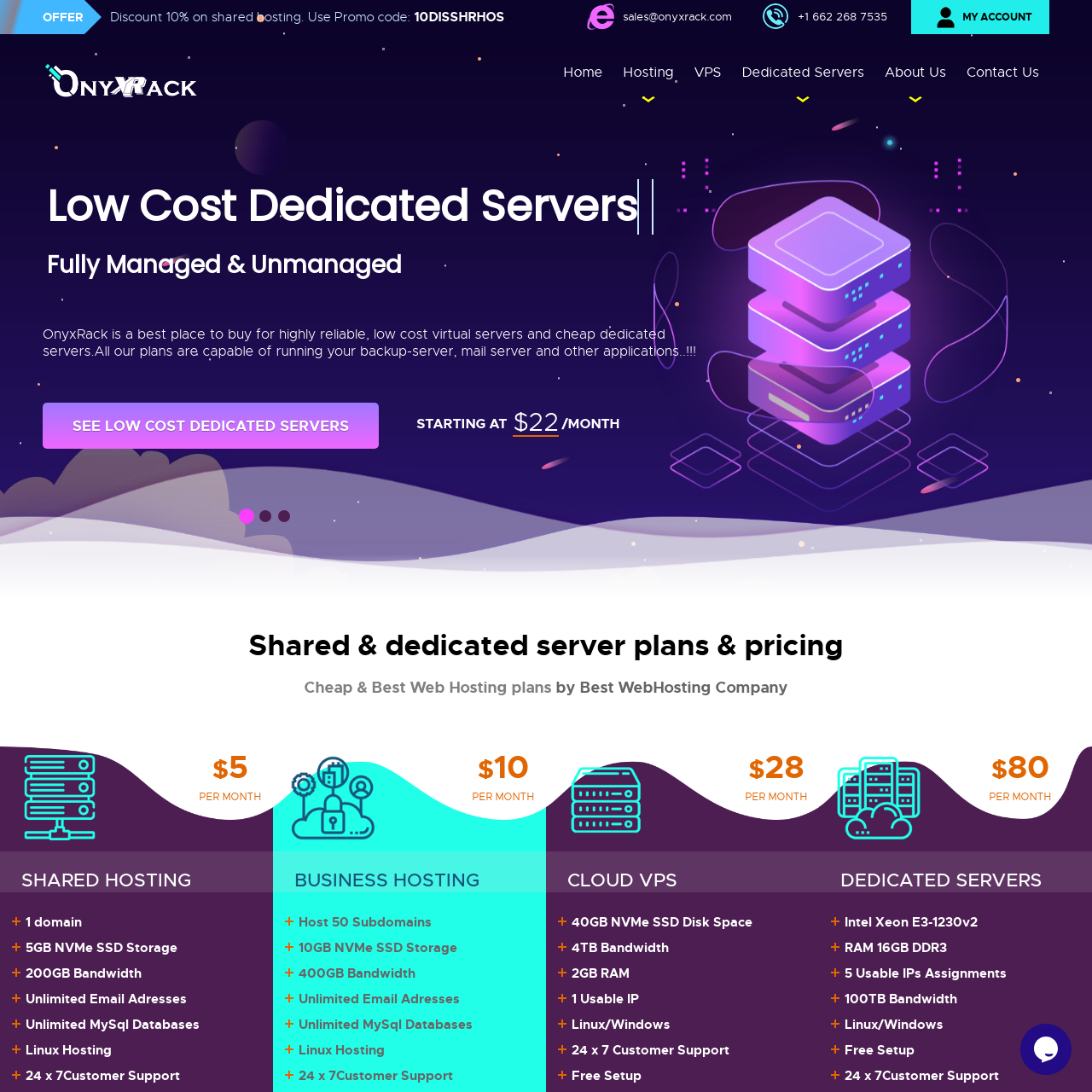Today, 05:14 AM
In the digital age, privacy and security have become paramount. One of the tools that have gained significant traction in this realm is the residential proxy. This article delves into the various aspects of residential proxies, exploring their benefits, applications, and potential drawbacks.To get more news about residential proxy, you can visit pyproxy.com official website.
What is a Residential Proxy?
A residential proxy is an intermediary that uses an IP address provided by an Internet Service Provider (ISP) to a homeowner. Unlike datacenter proxies, which are generated in bulk and can be easily detected, residential proxies are tied to real devices and locations, making them harder to identify and block.
Benefits of Residential Proxies
Enhanced Anonymity: Residential proxies offer a higher level of anonymity compared to datacenter proxies. Since they use real IP addresses, they blend seamlessly with regular internet traffic, making it difficult for websites to detect and block them.
Access to Geo-Restricted Content: Many websites and online services restrict access based on geographic location. Residential proxies allow users to bypass these restrictions by masking their real IP address with one from a different location.
Improved Security: Residential proxies can provide an additional layer of security by hiding the user’s real IP address. This can protect against various online threats, including hacking and tracking.
Applications of Residential Proxies
Web Scraping: Businesses often use web scraping to gather data from websites. Residential proxies help in avoiding IP bans and CAPTCHAs, ensuring uninterrupted data collection.
Ad Verification: Companies use residential proxies to verify that their ads are being displayed correctly across different regions. This helps in detecting ad fraud and ensuring that marketing campaigns are effective.
Market Research: By using residential proxies, businesses can access region-specific content and gather insights into local market trends and consumer behavior.
Potential Drawbacks
Cost: Residential proxies tend to be more expensive than datacenter proxies due to their limited availability and higher demand.
Speed: Since residential proxies route traffic through real devices, they can be slower compared to datacenter proxies. This can affect the performance of tasks that require high-speed connections.
Ethical Concerns: The use of residential proxies can raise ethical questions, especially when it comes to web scraping and accessing geo-restricted content. It’s essential to use these tools responsibly and within legal boundaries3.
Conclusion
Residential proxies offer a range of benefits, from enhanced anonymity to improved security and access to geo-restricted content. However, they also come with potential drawbacks, including higher costs and slower speeds. By understanding these aspects, users can make informed decisions about when and how to use residential proxies effectively.
What is a Residential Proxy?
A residential proxy is an intermediary that uses an IP address provided by an Internet Service Provider (ISP) to a homeowner. Unlike datacenter proxies, which are generated in bulk and can be easily detected, residential proxies are tied to real devices and locations, making them harder to identify and block.
Benefits of Residential Proxies
Enhanced Anonymity: Residential proxies offer a higher level of anonymity compared to datacenter proxies. Since they use real IP addresses, they blend seamlessly with regular internet traffic, making it difficult for websites to detect and block them.
Access to Geo-Restricted Content: Many websites and online services restrict access based on geographic location. Residential proxies allow users to bypass these restrictions by masking their real IP address with one from a different location.
Improved Security: Residential proxies can provide an additional layer of security by hiding the user’s real IP address. This can protect against various online threats, including hacking and tracking.
Applications of Residential Proxies
Web Scraping: Businesses often use web scraping to gather data from websites. Residential proxies help in avoiding IP bans and CAPTCHAs, ensuring uninterrupted data collection.
Ad Verification: Companies use residential proxies to verify that their ads are being displayed correctly across different regions. This helps in detecting ad fraud and ensuring that marketing campaigns are effective.
Market Research: By using residential proxies, businesses can access region-specific content and gather insights into local market trends and consumer behavior.
Potential Drawbacks
Cost: Residential proxies tend to be more expensive than datacenter proxies due to their limited availability and higher demand.
Speed: Since residential proxies route traffic through real devices, they can be slower compared to datacenter proxies. This can affect the performance of tasks that require high-speed connections.
Ethical Concerns: The use of residential proxies can raise ethical questions, especially when it comes to web scraping and accessing geo-restricted content. It’s essential to use these tools responsibly and within legal boundaries3.
Conclusion
Residential proxies offer a range of benefits, from enhanced anonymity to improved security and access to geo-restricted content. However, they also come with potential drawbacks, including higher costs and slower speeds. By understanding these aspects, users can make informed decisions about when and how to use residential proxies effectively.








